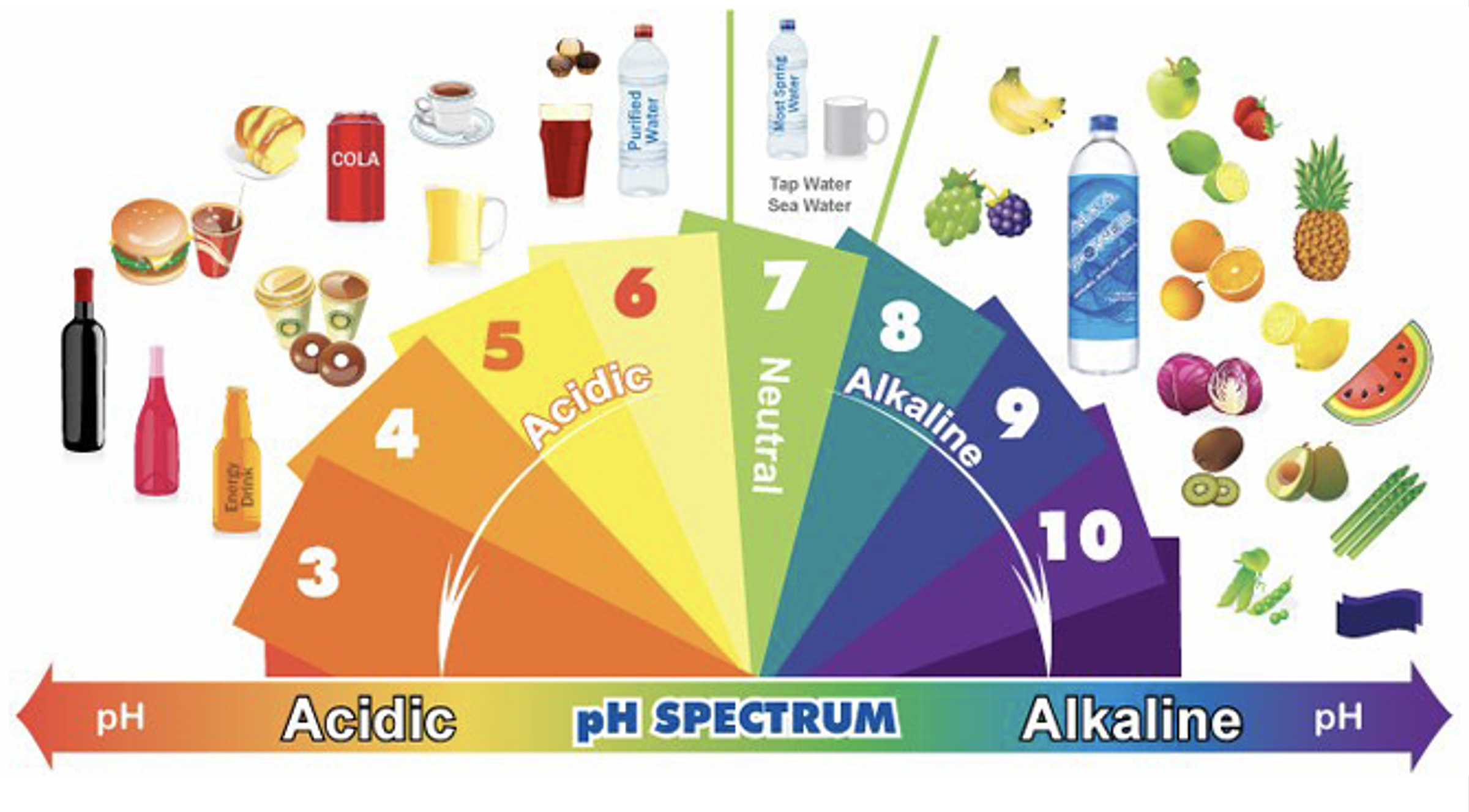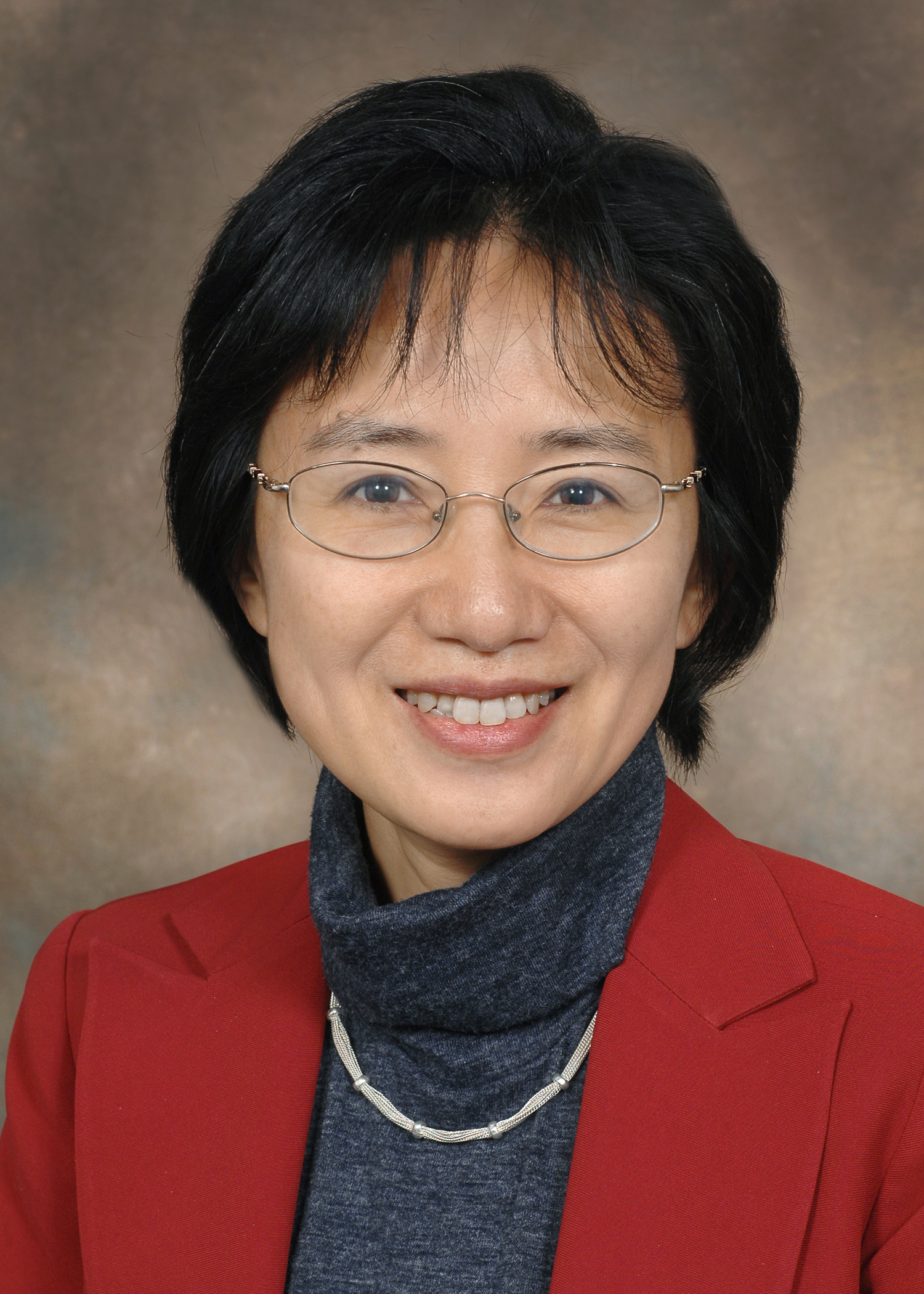Impact of Past, Secondhand Smoke and Dietary Patterns on Breast Cancer Prognoses
TIANYING WU
Public Health
Tobacco smoke residue contains toxic chemicals and carcinogens, polluting homes and public places long after smoking has ceased. According to the Centers for Disease Control (CDC), there is no risk-free level of exposure to this secondhand smoke (SHS).
Women with breast cancer are more susceptible to environmental damages; those with low incomes are at high risk of living in homes polluted with SHS. Many breast cancer survivors (30-40%) are former smokers and have an already increased risk of recurrence and mortality.

Acidic diets plus high past smoking intensity lead to worse prognoses in breast cancer survivors. Image by Alkalife.com.
Epidemiologist Tianying Wu studies the impacts of SHS, past smoking, dietary patterns, and endogenous biological damages on invasive breast cancer recurrence and mortality. Her research suggests that breast cancer survivors who are former smokers and have higher consumption of acid-producing diets have three times the mortality risk than survivors who are never smokers with comparable intakes of acid-producing diets.*
Dr. Wu’s work will provide strategies to improve cancer prognosis and evidence to
support smoking prevention measures. California’s Tobacco-related
Disease Research Program supports Dr. Wu’s work (T301P0998).
* The results of Dr. Wu’s study were published in
the Journal of Clinical Medicine in June 2020
"Breast cancer survivors, especially those who are past smokers, need precision care." -Tianying Wu

Dr. Tianying Wu
